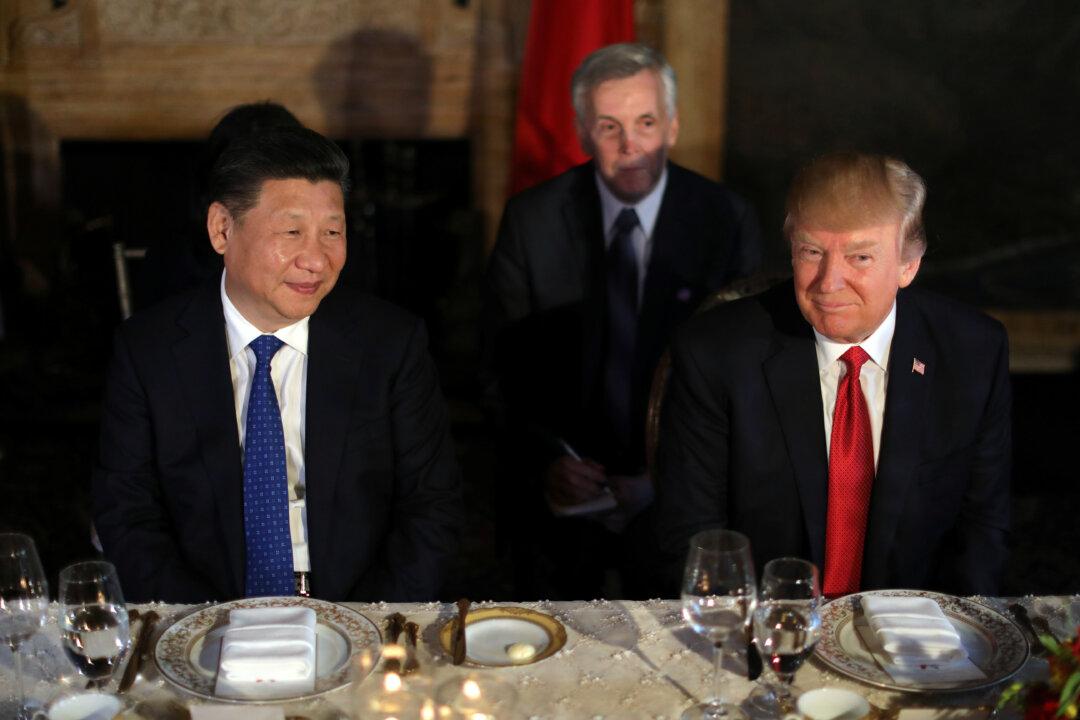Kim Jong-un (Kim 3) recently celebrated the 105th anniversary of the birth of his grandfather Kim Il-sung, founder of North Korea’s ongoing Maoist monarchy. A parade showcasing his regime’s military hardware was followed the next day by a missile test, which inexplicably failed. The Trump administration, with its announced policy of “maximum pressure and engagement,” appears determined to disrupt all future missile launches through cyber measures or interception.
Kim 3 has completed five nuclear tests and accelerated the number of ballistic missile launches. His response to increased UN sanctions in 2013 was to restart a reactor and processing facility and threaten pre-emptive attacks against perceived enemies.
Undeterred, the Trump administration will likely stiffen sanctions and deploy additional military assets to the region, including a second missile defence shield system (THAAD) to South Korea, and a carrier strike group with ballistic missiles intended to intercept intermediate-range launches. Kim’s response is for now unpredictable.
The U. K.’s David Alton, co-chair of its All Party Parliamentary Group on North Korea, told a forum of the U.N. Human Rights Council last month that the Kim regimes have committed such egregious crimes against humanity that China should not veto a Security Council resolution referring the issues to the International Criminal Court.
Three years ago, a UN report deplored that human rights violations in North Korea “reveal a state that does not have any parallel in the contemporary world.” The chair of that inquiry, Justice Michael Kirby, detailed crimes, including “extermination, murder, enslavement, torture, imprisonment, rape, forced abortions,” as well as severe religious persecution, enforced disappearances, and starvation.





